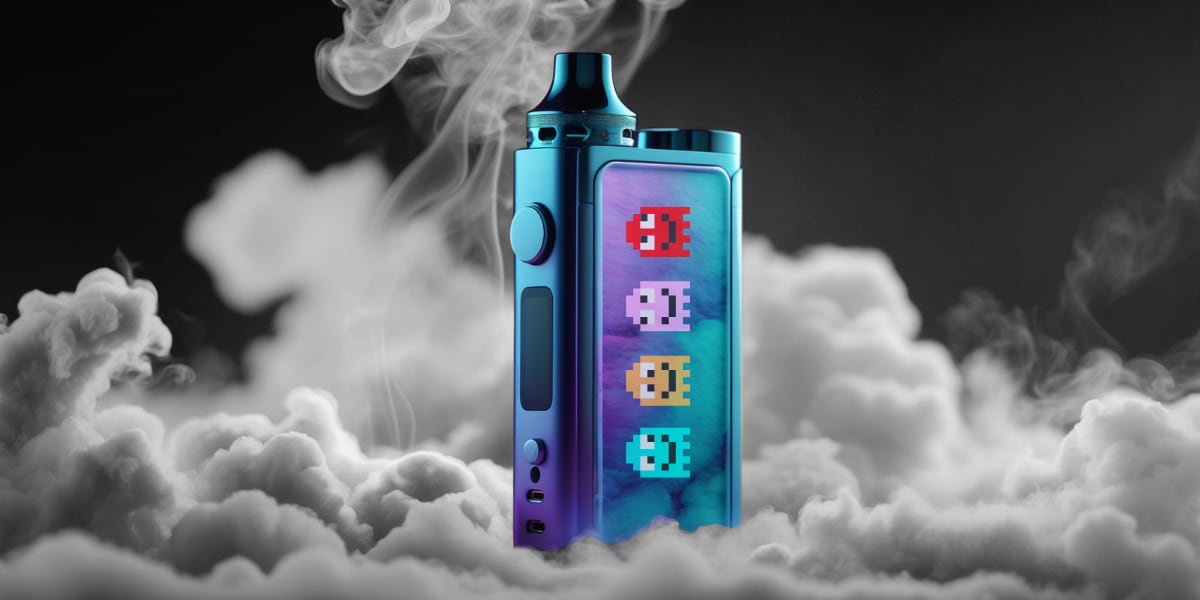South Africa's Silent Struggle: Mental Health Crisis Deepens After Two Years of Global Conflict

The echoes of global conflict are reverberating far beyond the battlefields, impacting the mental well-being of South Africans in unprecedented ways. After two years of witnessing international turmoil, mental health professionals are reporting a dramatic surge in distress, a crisis that experts warn is only just beginning.
The statistics paint a stark picture. Crisis hotlines are experiencing call volumes that have skyrocketed by hundreds of percent – a truly alarming indicator of the growing need for support. What's particularly concerning is the shift in demographics seeking help. For the first time, over 60% of those reaching out for assistance are men. This challenges traditional notions of mental health vulnerability and highlights the unique pressures faced by men, particularly reservists and civilians who have endured unimaginable trauma.
The Weight of Witnessing Conflict
It's crucial to understand that the mental health crisis isn't solely about direct exposure to violence. The constant bombardment of news coverage, images, and stories of suffering from conflicts around the world takes a significant toll. Witnessing such events can trigger anxiety, fear, and a sense of helplessness, even from thousands of miles away. This vicarious trauma is a significant contributor to the rising distress levels.
Reservists and the Frontlines of Worry
Reservists, who often juggle civilian lives with military duties, are facing a particularly heavy burden. They are grappling with the potential for deployment, the worry for their loved ones, and the emotional strain of preparing for uncertain circumstances. The pressure to be both strong and supportive can be overwhelming.
Civilian Trauma: Beyond the Headlines
Beyond the reservists, countless civilians are struggling to cope with the psychological impact of witnessing global events. Those who have experienced personal loss, displacement, or trauma in the past are particularly vulnerable. The ongoing conflict can re-traumatize individuals, triggering flashbacks, anxiety, and depression.
Addressing the Crisis: A Call to Action
This mental health crisis demands immediate and sustained attention. We need to:
- Increase Access to Mental Health Services: Expanding the availability of affordable and accessible mental health care is crucial, particularly in underserved communities.
- Raise Awareness and Reduce Stigma: Breaking down the stigma surrounding mental health is essential to encourage individuals to seek help without shame or fear.
- Support Men's Mental Health: Developing targeted programs and resources specifically for men can address the unique challenges they face in seeking help.
- Promote Resilience and Coping Strategies: Equipping individuals with tools and techniques to manage stress, anxiety, and trauma is vital.
The mental health crisis is a silent struggle affecting countless South Africans. By acknowledging the problem, investing in resources, and fostering a culture of support, we can begin to heal and build a more resilient nation. Ignoring this crisis will only lead to further suffering and long-term consequences. Let's prioritize mental well-being and ensure that everyone has access to the help they need to thrive.






